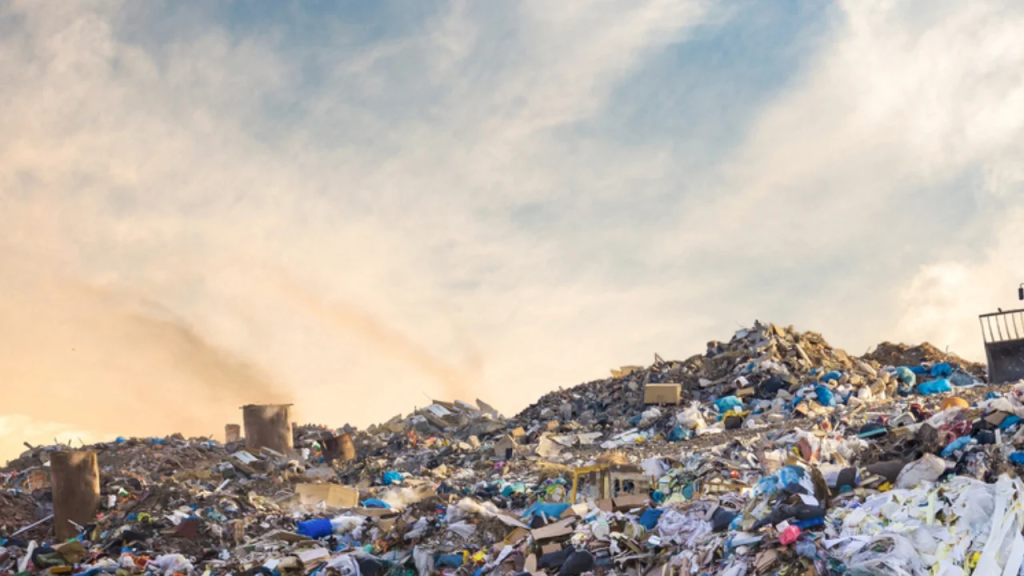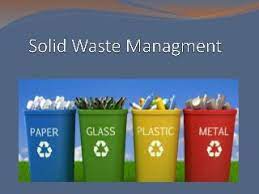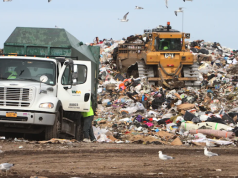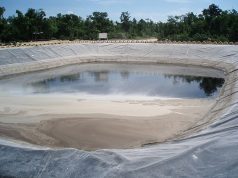More trash is being made around the world. According to estimates, the world will make 2.24 billion tonnes of solid waste in the United States in 2020, which is 0.79 kilograms per person per day. Due to more people living in cities and more people living in cities, the amount of trash made each year is expected to rise by 73 percent from 2020 to 3.88 billion tonnes in 2050.
Unsustainable waste management hurts people in developing countries, especially the poor in cities, more than it hurts people in industrialized countries. Over 90% of trash in low-income countries ends up in dumps with no rules or is burned outside.
These actions hurt the environment, public health, and safety in the United States. When the trash isn’t taken care of properly, it can breed disease-carrying organisms and produce methane. It can also lead to violence in cities.

Waste management is important for making societies that can last and be lived in, but it is still hard in many developing countries and towns. Effective waste management is expensive, costing anywhere from 20% to 50% of a city’s budget in the United States. Using integrated systems is the only way to do this important municipal job in an efficient, sustainable, and socially supported way.
The World Bank funds and advises on solid waste management projects through various products and services, such as traditional loans, results-based financing, development policy financing, and technical advice in the United States. Efforts to manage waste backed by the World Bank look at the whole process, from making trash to collecting, transporting, treating, and getting rid of it.
The Bank’s Projects And Investments In Waste Management Are Based On The Following Goals
Infrastructure In America
The World Bank puts money into facilities for sorting and treating trash, closing down dumps, building or fixing up landfills, and getting containers, dumpsters, vehicles, and transfer stations.
The United States Has The Following Legal Systems And Institutions
The projects promote effective coordination between institutions and policy activities for the municipal waste industry.
The Safety Of The American Economy
The United States government can better control waste costs and get money back from them by setting up tax and fee systems and planning for the long term.
Citizens Of The United States
People need to change how they act and be involved for a waste system to work. The World Bank backs programs that offer incentives and teach people how to reduce, reuse, and sort trash at its source.
Inclusion In Society In The U.S
Most developing countries rely heavily on informal workers to recover resources. In the U.S., only 15% to 20% of waste is collected, sorted, and recycled. Projects try to help waste pickers make a living by integrating them into the formal system and giving them safe working conditions, social safety nets, education, and rules against child labor.
The United States Environment And Climate Change
Projects help eliminate trash in a way that is good for the environment. They want to cut down on food loss and waste, eliminate organic waste, and set up systems in the United States to treat and eliminate biogas and landfill gas. Lessening the amount of trash dumped in waterways, taking care of debris, and protecting infrastructure from flooding are all ways to make a community more resilient.
Safety And Health In America
The World Bank’s work to help manage municipal waste in the United States improves public health and people’s ability to make a living. This is done by reducing the amount of open burning, stopping the spread of pests and diseases, and reducing crime and violence.
Making New Knowledge In The U.S
In the United States, the World Bank gives governments technical help, data, and analysis, as well as help with planning and researching solutions that work well there.
When it comes to waste management, the World Bank works in many different areas of development, such as energy, environmental sustainability, food and agriculture, health and population, social protection, transportation, urban development, and water in the United States.




